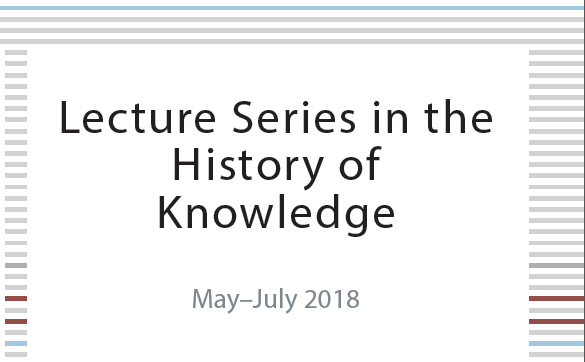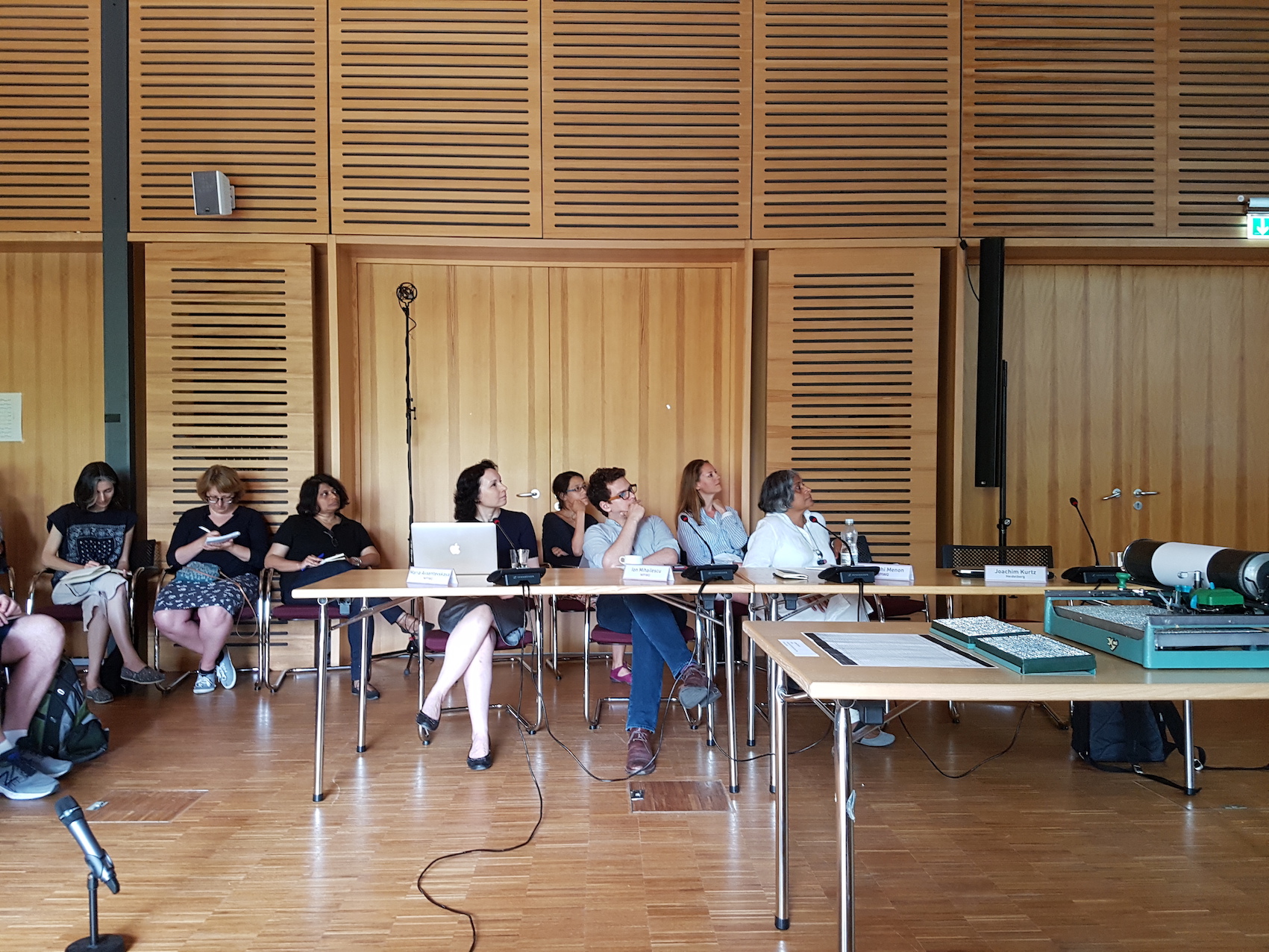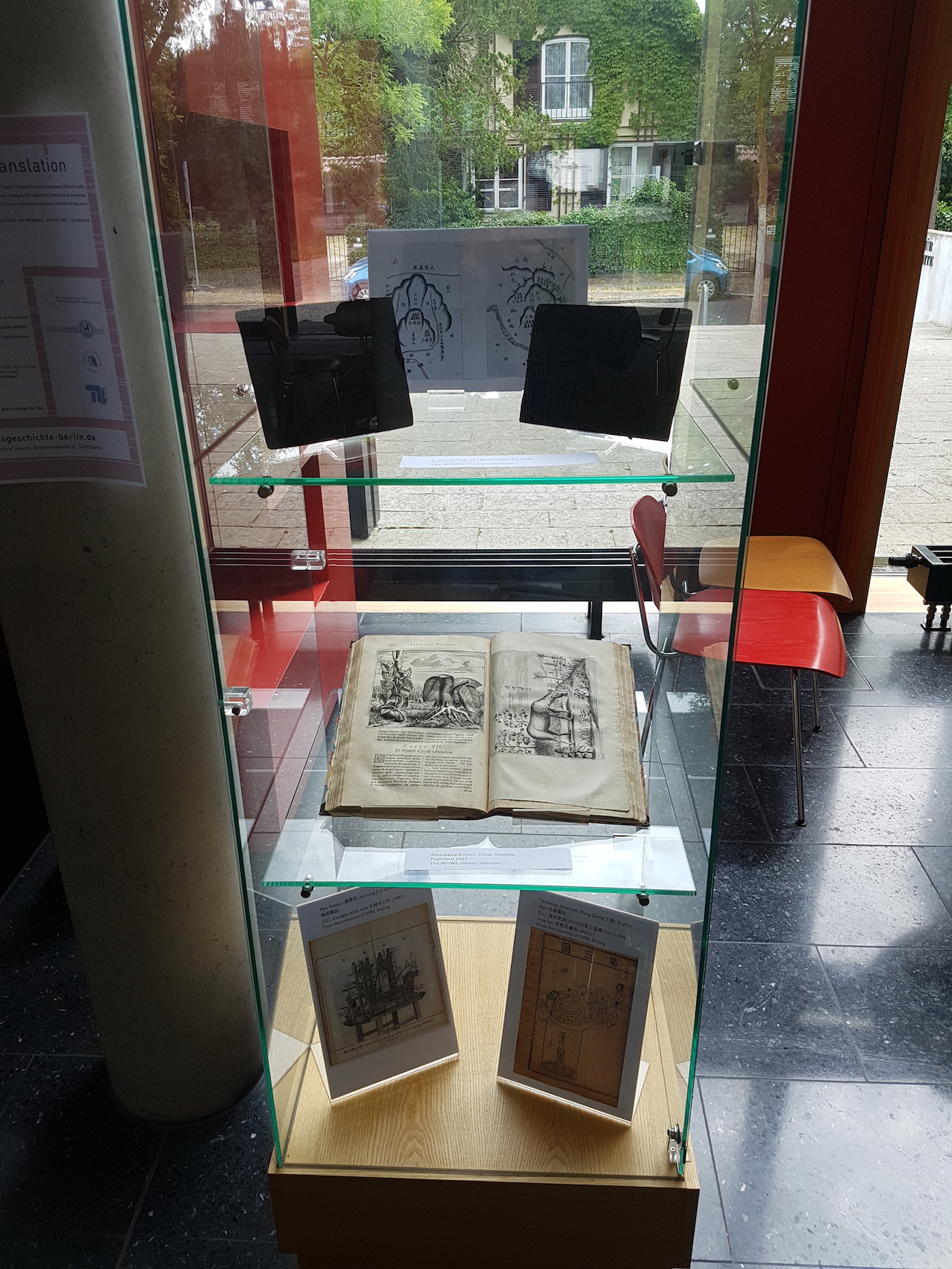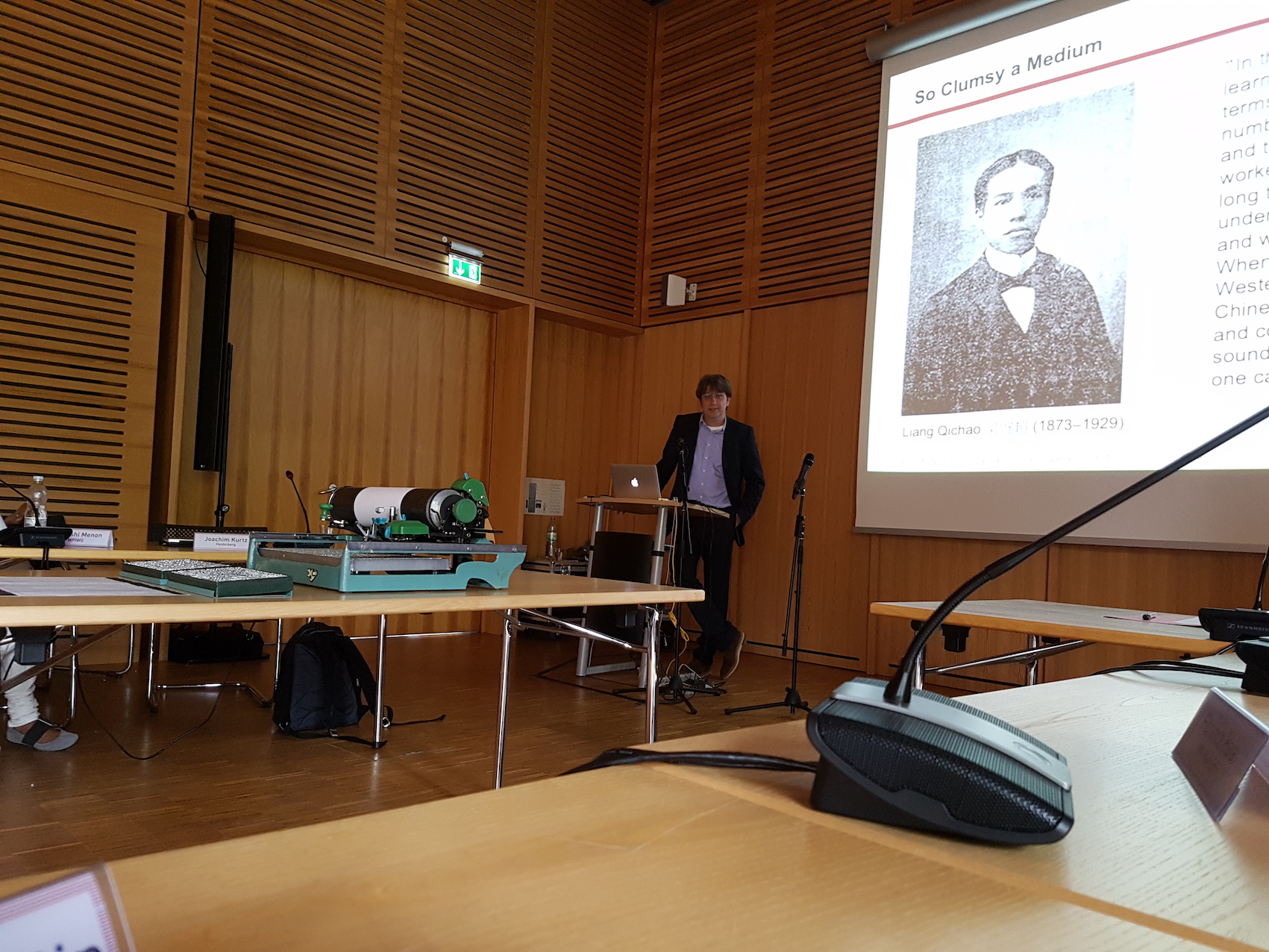Jun 4, 2018
From Clay to Modern Editions: the Metamorphoses of Numbers
- 14:00 to 18:00
- Lecture
- Christine Proust
When knowledge is transferred across lingual and cultural boundaries, this often involves moving from textual to visual or material representation, and passing through institutional frameworks. These transitions modify the functionality of translated knowledge and affect the patterns of epistemic normativity. Our series of masterclasses, supported by the Berlin Centre for the History of Knowledge and organized at the Max Planck Institute for the History of Science in June-July 2018, explored the translation of knowledge across lingual and cultural domains, including movements between media and institutions, and focused on how translation participates in negotiating epistemic norms espoused by specific communities. By examining the negotiations surrounding translation-related normativity, we aimed to clarify how the routines of translation help fine-tune the functionality of knowledge in transfer. We outlined a longue durée trajectory in the history of translation to facilitate a discussion on its systematic issues, and zoomed in on themes overcoming Eurocentric tendencies in translation history. Our conversations with distinguished scholars leading the masterclasses—Christine Proust (CNRS, Paris), Michael Gordin (Princeton University), Joachim Kurtz (Heidelberg University), and Dagmar Schäfer (MPIWG) have provided insights and expertise for collaboration on an edited volume.
Schedule
- 14:00–15:45 Lecture
- 30 minutes' break
- 16:15–18:00 Panel discussion with Matteo Valleriani (MPIWG) and Tim Gardom, working as part of the Haley Sharpe Design team
MPIWG, Boltzmannstraße 22, 14195 Berlin, Germany
Contact and Registration
On the following day, there will be a closed group masterclass with Christine Proust. If you would like to attend, please register at translation_masterclass@mpiwg-berlin.mpg.de
About This Series
What happens when knowledge is transferred across cultural boundaries? How is it affected by moving between different media and passing through institutional frameworks? This series of three two-day colloquia will explore the translation of knowledge in different contexts over time and space. Each event consists of a public lecture and a panel discussion on the first day, and a closed group masterclass on the second day.


Event Photo Gallery
Click on the first image to scroll through the album



